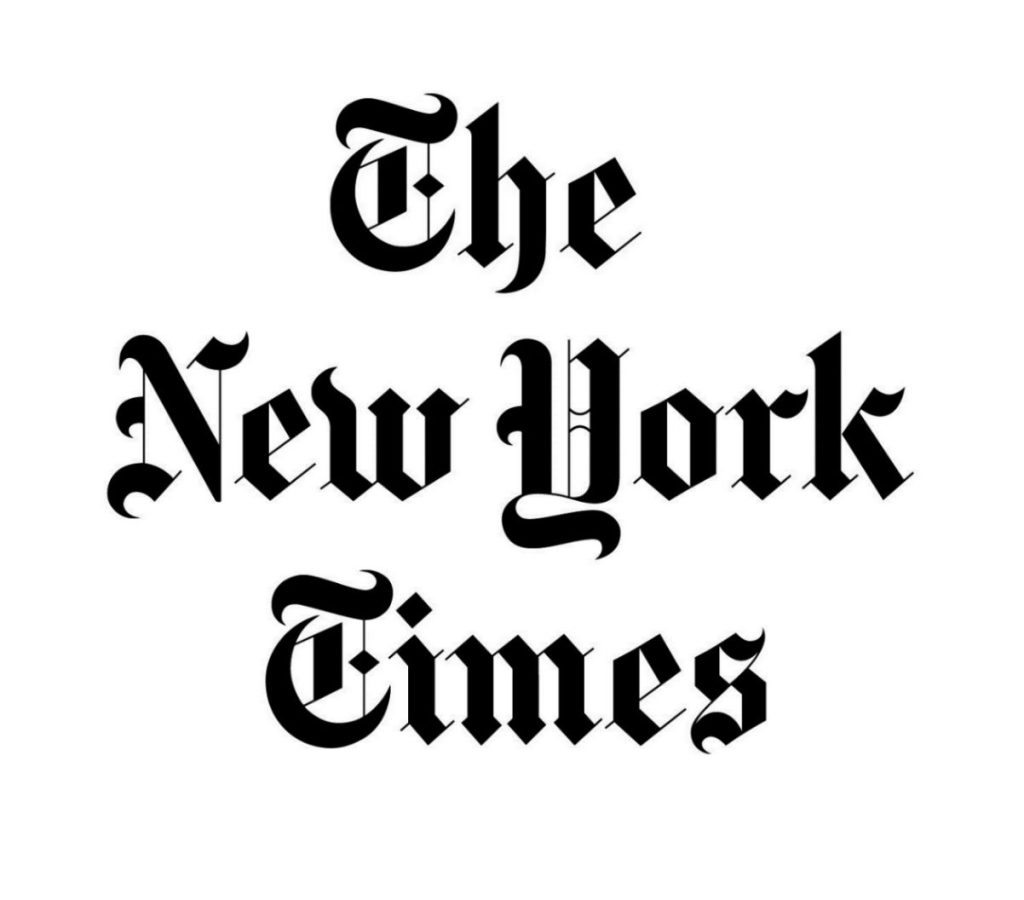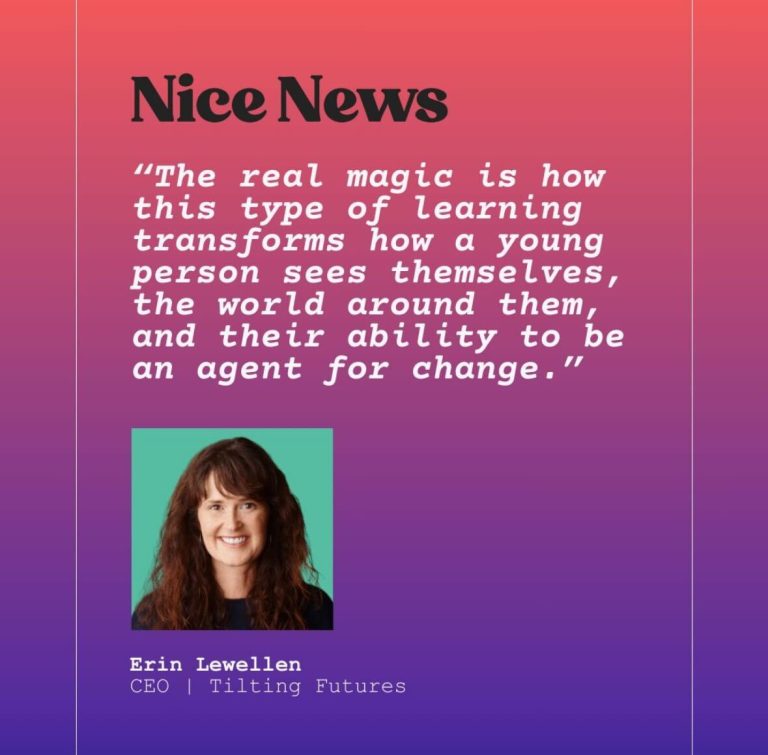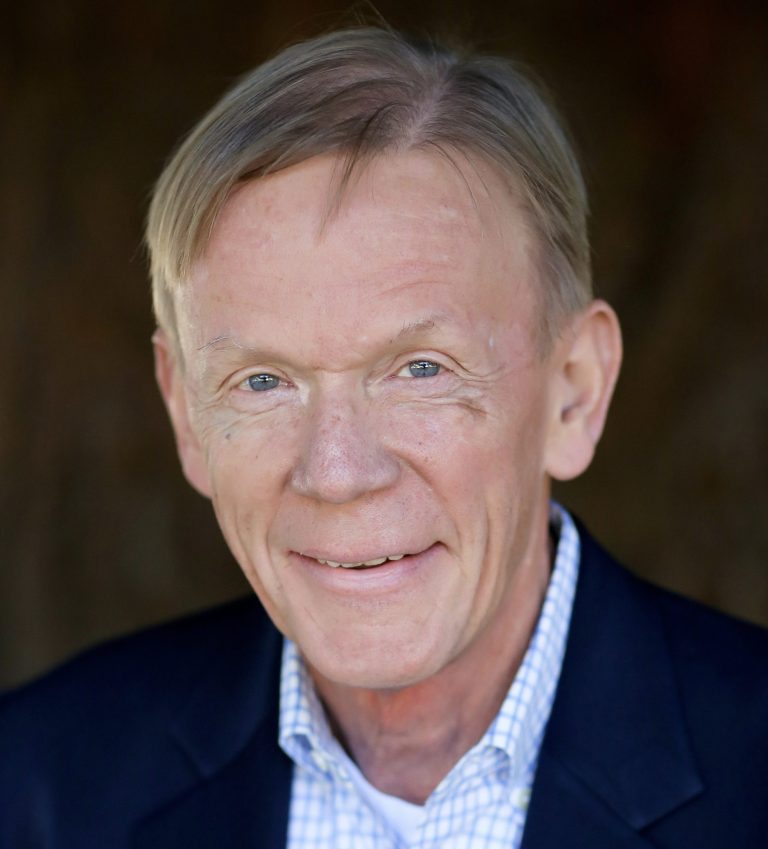Written by SONA PATEL
Exploring new paths, figuring out a field of study to pursue in college or simply taking a break are just a few reasons high school graduates are taking gap years. We asked readers who have taken a year off from their education what they learned and what tips they have for those who are considering the same. Responses were edited for length and clarity.
‘If you are afraid of something, think about your fear. See if you can work through it.’
KENLYN MIRBACH, 20, Los Altos, Calif. (freshman at Claremont McKenna College)
By taking a gap year, you are making the brave decision to slow down. I deferred my admission to Claremont McKenna College for a year. I made a few plans, but ultimately left my gap year full of gaps. I worked as a salesperson. I took a class at a community college. I road-tripped with my best friend. The one thing I scheduled was a three-month-long trip to the South Pacific, a gift from my parents that I combined with some of the money I made in the fall.
I signed up for the trip thinking that while we were in New Zealand, I would just sit back and watch everyone else sky-dive and bungee jump. I had always been afraid of heights — like crying-while-crossing-a-bridge afraid — so I told myself every day that I was not. I now know that I can overcome any fear. I bungee-jumped off a 43-meter-high [140-foot] ledge, jumped out of a plane at 15,000 feet and flew in a 300-meter [985-foot] arc on the world’s largest canyon swing.
It was a week that demonstrated the power I have over my own mind. If you are afraid of something, think about your fear. See if you can work through it. Don’t just listen to someone who says don’t be afraid to try new things. Contemplate why you are afraid of new things.
‘Remember you are experiencing a challenge few accept.’
ALLAN CAMERON, 45, Walpole, Mass. (superintendent of Wrentham Public Schools)
I took a gap year between high school and college in 1989. I graduated from high school and was on a plane to basic training at Fort Benning for the Army National Guard a few days later. I returned home with a bad haircut and worse attitude. For my gap year I lived with my parents and siblings. I worked a variety of jobs: for a land surveyor, nights at a convenience store and as an inventory checker. I hated them all, but they got me out of the house and put some money in my pocket.
I felt lost. My friends were gone and I didn’t fit in with my family dynamic. The highlights of my months were my military service weekends. I made close connections with my fellow soldiers and looked forward to the challenges and camaraderie of our training time.
Recognize that the gap year is a time of transition. When you feel alone and like your life is stuck while your friends are away on their own adventures, remember you are experiencing a challenge few accept. You will learn more about yourself during your gap year than most of your friends will learn during their first year of college. In addition, you’ll develop skills that will serve you in life: resilience, self-reliance, courage and patience. Your gap year will be the furnace that will temper your steely resolve to achieve when you arrive at college.
‘Even though I come from a low-income family, there are programs like Global Citizen Year that provide scholarships for students of all backgrounds.’
ANH-TU LU, 18, Garden Grove, Calif. (currently in Kédougou, Senegal;undecided on college choice)
I decided a gap year would be the best choice for me because I felt exhausted after going through high school. Even though I come from a low-income family, there are programs like Global Citizen Year that provide scholarships for students of all backgrounds. (I paid $5,000 through outside scholarships and my own fund-raising.)
Though there are many struggles at times with limited resources to take care of mental and physical health, the experience over all has been very meaningful. I am learning three languages here: French, Pulaar and Malinke. I even decided on what I want to study in college: linguistics. For work, I teach English at the local high school two days a week, and on the other days I work at my host family’s community garden. Since my host father works for the Peace Corps and Trees for the Future, I get to learn a lot about sustainability and foreign aid. Mostly, the trip is worthwhile because I got to meet my host family, who have guided me through Senegalese life as a Vietnamese kid who doesn’t know a lot about what he’s doing.
‘I fell for the company with the great promotional videos and website.’
MIRANDA ANDREWS, 26, Victoria, Canada (policy analyst for the Province of British Columbia)
My experience with a gap year was not without its challenges. I went to northern Thailand, taught in a rural school and did community work with a monastery. The school, community and people were amazing. It was the other students in the gap year program that made it especially challenging. The majority of the people I was with picked Thailand so they could party. My weekends became party central, which was not what I signed up for.
But all in all, I learned much more than I would in first-year university, about myself, rural education, public health and other cultures. I was forced out of my comfort zone on multiple occasions, and it served me well in the long run.
I recommend doing your research. I fell for the company with the great promotional videos and website, and I paid for that, and my experience wasn’t as great, as far as gap years go.
‘I thought I knew what I wanted to do, but through my service experiences over the year, I changed my mind and found a new life direction.’
EMMA KNAPP, 24, Tulsa, Okla. (pursuing a master’s in public health in fall 2017)
I intended to go to medical school right after undergrad, but I thought a gap year would be a good break. I found a nonprofit that allows young adults to serve as mentors in schools to at-risk students. I got paid a stipend through the program and supported myself minimally off that. I have discovered things about myself that I would not have had time to consider if I jumped right into school.
I thought I knew what I wanted to do, but through my service experiences over the year, I changed my mind and found a new life direction. I found out that I love doing service work in the communities, and rather than going to medical school I want to pursue a career in public health.
‘The purpose of a gap year is to grow, experiment, experience and “live.” But that can be compromised if your plans fall short of your expectations due to money.’
EDITH CACHO, 34, Yonkers (foreign language teacher)
My financial circumstances, in addition to the pressure my parents placed on me to “grow up,” did not allow me to take a year off. Instead of a gap year, I decided to continue on to college and take a couple of semesters to study aboard. This seemed like an alternative that would not stall my graduation date.
The study-abroad experience can solve the gap-year itch. During my time in the Dominican Republic and Guatemala, my cohort and I attended class during the week but traveled over the weekend.
I believe a break should be taken at any point as long as it does not compromise your education. Having a solid financial plan is important. The purpose of a gap year is to grow, experiment, experience and “live.” But that can be compromised if your plans fall short of your expectations due to money.



